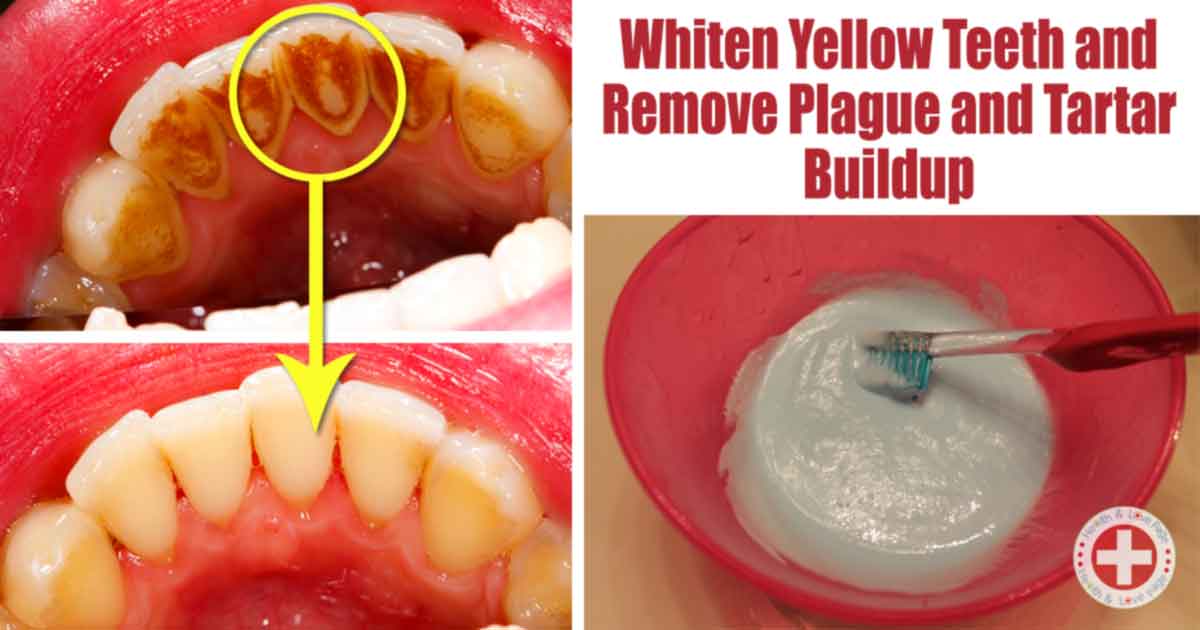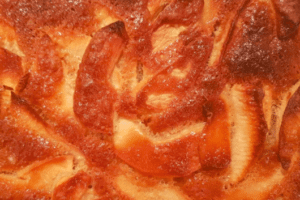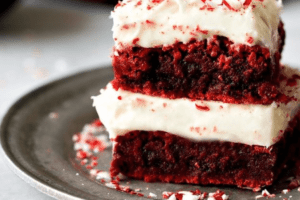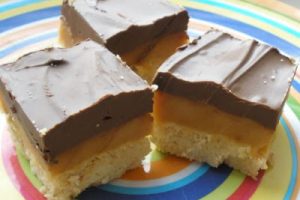We’ve all heard how important it is to remove any plaque you may have acquired. But what exactly is plaque?
It is a soft, sticky coating of bacteria and does not only build up on your teeth like some believe, but it can also affect your gums, dentures, fillings, crowns, and tongue.
And when tartar combines with certain minerals which are constantly present in everyone’s saliva, it then hardens and becomes a chalky, white substance called tartar.
You need to remove it because keeping it lets the tartar create the ideal breeding ground for many other oral bacteria, who feed on the sugar you consume.
Another reason to get rid of it as quickly as possible is because it can form acid which damages your tooth enamel, and this naturally leads to tooth cavities. And the oral bacteria you have gathered also cause a wide variety of periodontal problems.
How does one acquire plaque buildup in the first place? There are several factors, such as a bad or incorrect brushing technique, inadequate oral hygiene, poor and unhealthy nutrition, and even sometimes thanks to it being hereditary. It may also be because you’ve been skipping on your dental checkup, which should be done at least once a year even if you do not have any current issues. Better safe than sorry.
It may also be because you’ve been skipping on your dental checkup, which should be done at least once a year even if you do not have any current issues. Better safe than sorry.
That’s why it’s so important to maintain optimal dental and oral hygiene.
Here are some useful tips for you:
- Use a good toothpaste and high-quality toothbrush to give your teeth a thorough brushing at least twice per day. By ‘high-quality toothbrush’ we mean the soft, nylon kind with polished and rounded bristles.
- Make sure to hold the toothbrush at a 45-degree angle against the lining of your gums
- It’s also crucial to brush your tongue as it too may provide an ideal gathering place for nasty bacteria, which in turn contributes to the buildup of plaque, among other problems which may arise
- Make use of dental floss on a regular basis, don’t underestimate its potential in cleaning your gums and teeth
In addition to practicing these tips, you can also try some healthy home remedies for plaque buildup. Since tartar is rather difficult to remove after it has already mineralized, it’s best to prevent it from ever building up in the first place. In other words, even if you don’t have any plaque at the moment, it’s still advisable to try some of the following remedies in order to hinder its possible appearance in the future.
In other words, even if you don’t have any plaque at the moment, it’s still advisable to try some of the following remedies in order to hinder its possible appearance in the future.
10. Oil Pulling
It has a long tradition in this world and can be quite effective when it comes to removing any plaque. The ideal oil for this task would be extra-virgin coconut oil. This is thanks to its anti-inflammatory and antimicrobial effects, as well as its high lauric acid content.
The Nigerian Medical Journal had published a study in 2015 where they claim that oil pulling using coconut oil will indeed reduce any plaque formation. Here’s how to do it properly:
1. Take one tablespoon of extra-virgin coconut oil and swish it around in your mouth for about 15-20 minutes.
2. Do not swallow it or gargle with it. After the swishing is done simply spit it out.
3. Next, brush your teeth as you always do.
4. It’s most effective if repeated on a daily basis, before consuming any food in the early morning.
You can also massage your gums with a few drops of coconut oil. If, for any reason, you don’t want to use coconut oil, you can opt for warm sesame oil instead.
9. Baking Soda
This marvelous home remedy which has 1001 uses is also great for removing dental plaque! It also goes by the name sodium bicarbonate. It’s great for neutralizing acids in your mouth, and this leads to less harmful bacteria in there. In addition to this, it even helps naturally whiten your teeth. Talk about a great bonus!
In addition to this, it even helps naturally whiten your teeth. Talk about a great bonus!
The Journal of Clinical Dentistry had published a study in 2008 where they had analyzed 5 separate clinical studies. Its conclusion was that baking soda powder or paste is most efficient at removing plaque than any other product that doesn’t contain this ingredient. Here are a few ways you can use it for optimal effects:
Here are a few ways you can use it for optimal effects:
- Dab the bristles of your toothbrush with a small amount of baking soda and continue by brushing your teeth. Afterward, give your mouth a good rinsing using lukewarm water
- You can also try mixing 2 teaspoons of baking soda with 1 teaspoon of salt. Then just dip a damp toothbrush into this mixture and brush gently for a while before rinsing
- And yet a third option is to mix one teaspoon of baking soda with a sufficient amount of hydrogen peroxide to obtain a paste. Once again, brush your teeth and proceed by rinsing
You can use any of these options one or two times per week.
Word of caution: remember the ‘too much of a good thing’ rule and don’t overuse baking soda as doing so can actually have an adverse effect on your tooth enamel!
Continue Reading On Next Page ( > ) …









